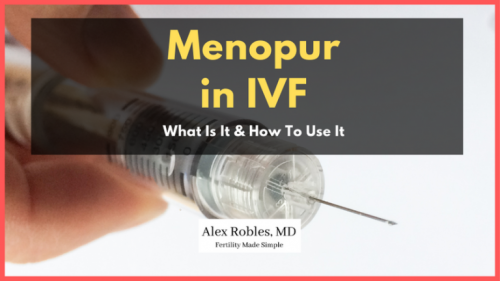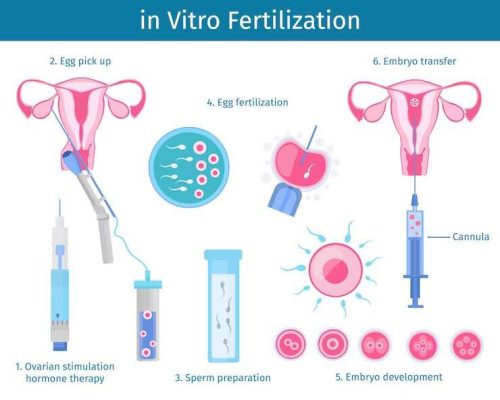Why Is IVF Controversial Despite Periods?
In vitro fertilization, or IVF, has been a game-changer for millions of people dreaming of starting a family. It’s a medical marvel that takes an egg and sperm, combines them in a lab, and helps create a baby for those who can’t conceive naturally. Yet, even though it’s tied to something as normal as a menstrual cycle, IVF stirs up a lot of debate. You might wonder: if periods are just a natural part of life, why does IVF spark so much controversy? The answer isn’t simple—it’s a mix of science, emotions, beliefs, and big questions about what it means to create life.
Let’s dive into this topic with an open mind. We’ll explore why IVF raises eyebrows, how it connects to periods, and what people are really talking about when they argue over it. Along the way, we’ll uncover some fresh angles—like how new research is shifting the conversation and what it all means for someone thinking about IVF today.
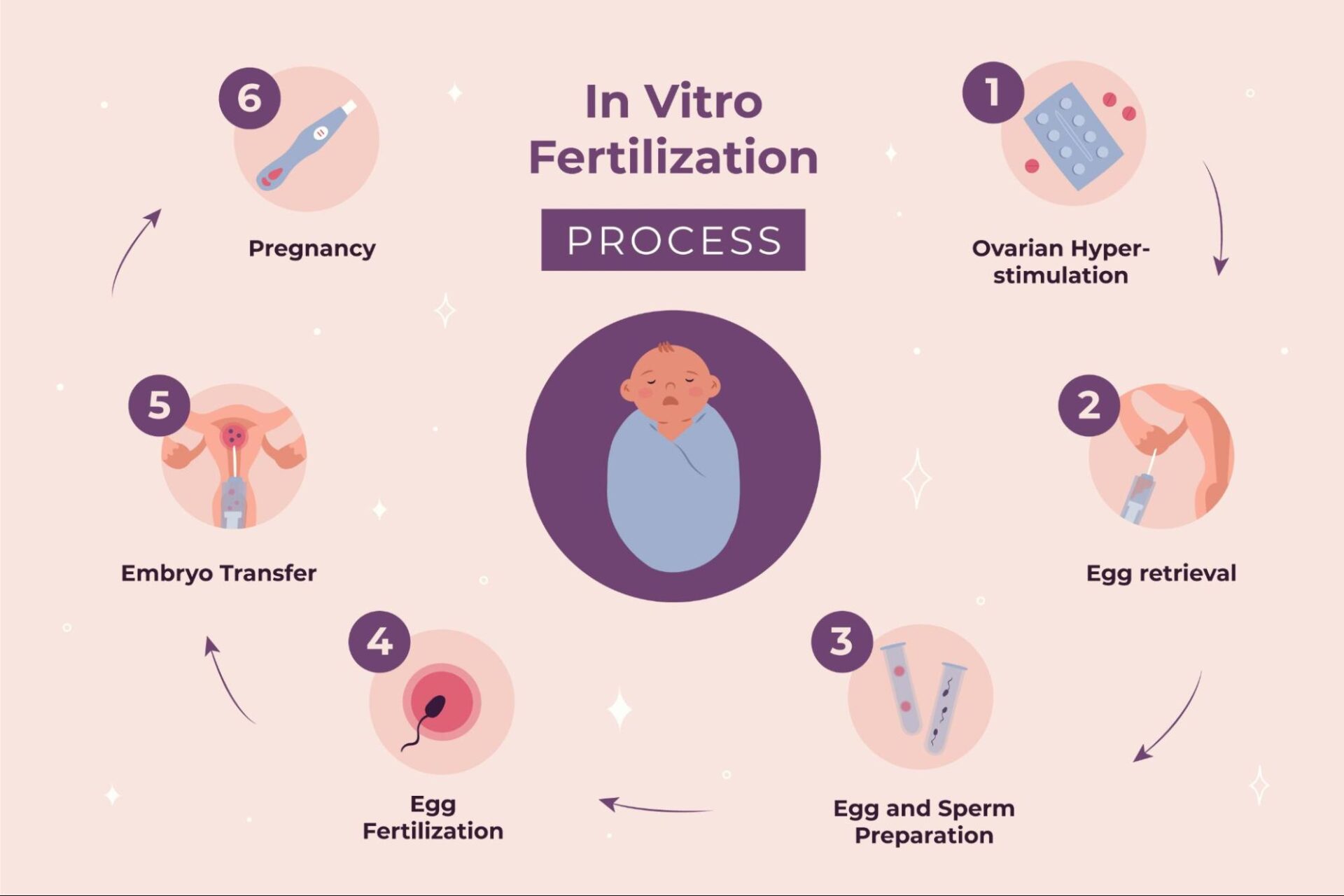
The Basics: What IVF Is and How Periods Fit In
IVF stands for in vitro fertilization, which basically means “fertilization in glass.” It’s a process where doctors take an egg from a woman’s ovary, mix it with sperm in a lab dish, and then place the resulting embryo back into the uterus to grow into a baby. Pretty cool, right? But here’s where periods come in: the menstrual cycle plays a starring role. A woman’s cycle—those monthly ups and downs of hormones—helps her body prepare eggs and get the uterus ready for pregnancy. IVF just takes that natural process and gives it a high-tech twist.
During a typical IVF cycle, doctors use medicines to boost egg production, timing everything with a woman’s period. They might even tweak the cycle to make sure the eggs are ripe and the uterus is cozy for an embryo. So, in a way, IVF builds on what the body already does every month. If periods are so ordinary, though, why does IVF feel like such a lightning rod?
Why the Controversy? Unpacking the Big Issues
IVF might sound straightforward, but it touches on some deep, messy stuff. People don’t just see it as a medical procedure—they see it as a Pandora’s box of ethical, emotional, and social questions. Here’s a closer look at why it’s so polarizing.
Ethical Dilemmas: Playing God or Helping Nature?
For some, IVF feels like humans stepping into territory that’s not ours. If a woman has a period every month, her body is already set up to make a baby the old-fashioned way—so why mess with it? Critics argue that creating life in a lab crosses a line, almost like “playing God.” Religious groups, for instance, sometimes say it disrupts the natural order. Others counter that it’s just a tool to help nature along, especially for people whose bodies need a nudge.
Take Sarah, a 34-year-old from Ohio. She and her husband tried for years to conceive naturally, tracking her cycles like clockwork. “My periods were regular, but nothing happened,” she says. “IVF felt like a lifeline, not a cheat.” Her story shows how personal this debate can get—it’s not just about science; it’s about hope.
The Embryo Question: What Happens to the Leftovers?
Here’s a big one: IVF often creates more embryos than a couple needs. Doctors might fertilize several eggs to increase the odds of success, but not all get used. So, what happens to the extras? Some are frozen, some donated, and some discarded. This sparks heated arguments about when life begins. If you believe an embryo is a person from day one, discarding it feels wrong. If you see it as a cluster of cells, it’s less of a big deal.
Recent data from the CDC shows that in 2021, U.S. clinics performed over 238,000 IVF cycles, resulting in about 97,000 babies. That’s a lot of embryos—and a lot of tough choices. Couples like Sarah’s often wrestle with this, too. “We had two embryos left,” she says. “Deciding what to do with them kept me up at night.”
Money Matters: Who Gets to Try IVF?
IVF isn’t cheap. A single cycle can cost $15,000 or more, and insurance doesn’t always cover it. Since periods are universal, some argue that fertility help should be, too. Why should only the wealthy get this chance? In places like Denmark, where IVF is often free through public health systems, it’s less of a hot-button issue. But in the U.S., the price tag fuels debates about fairness and access.
Periods and IVF: The Surprising Connection
You might think periods and IVF go hand in hand without any drama. After all, the menstrual cycle is the foundation of fertility. But the link itself stirs up questions that add to the controversy.
Tweaking the Cycle: Is It Too Much?
IVF doesn’t just follow a woman’s natural period—it often hijacks it. Doctors use hormones to supercharge egg production, sometimes making ovaries pump out 10 or 20 eggs instead of the usual one. This can lead to side effects like ovarian hyperstimulation syndrome (OHSS), where ovaries swell and leak fluid. A 2023 study in Fertility and Sterility found that about 5% of IVF patients experience mild to severe OHSS. That’s a small number, but it’s enough to make people wonder: are we pushing the body too far?
Natural vs. Lab: A Clash of Ideas
Periods signal a natural rhythm, but IVF takes that rhythm and remixes it. Some folks see this as a brilliant workaround for infertility. Others think it’s unnatural—a stark contrast to the monthly cycle humans have followed forever. A 2022 survey by Pew Research found that 42% of U.S. adults have used or know someone who’s used fertility treatments, yet opinions split sharply on whether it’s “too artificial.”
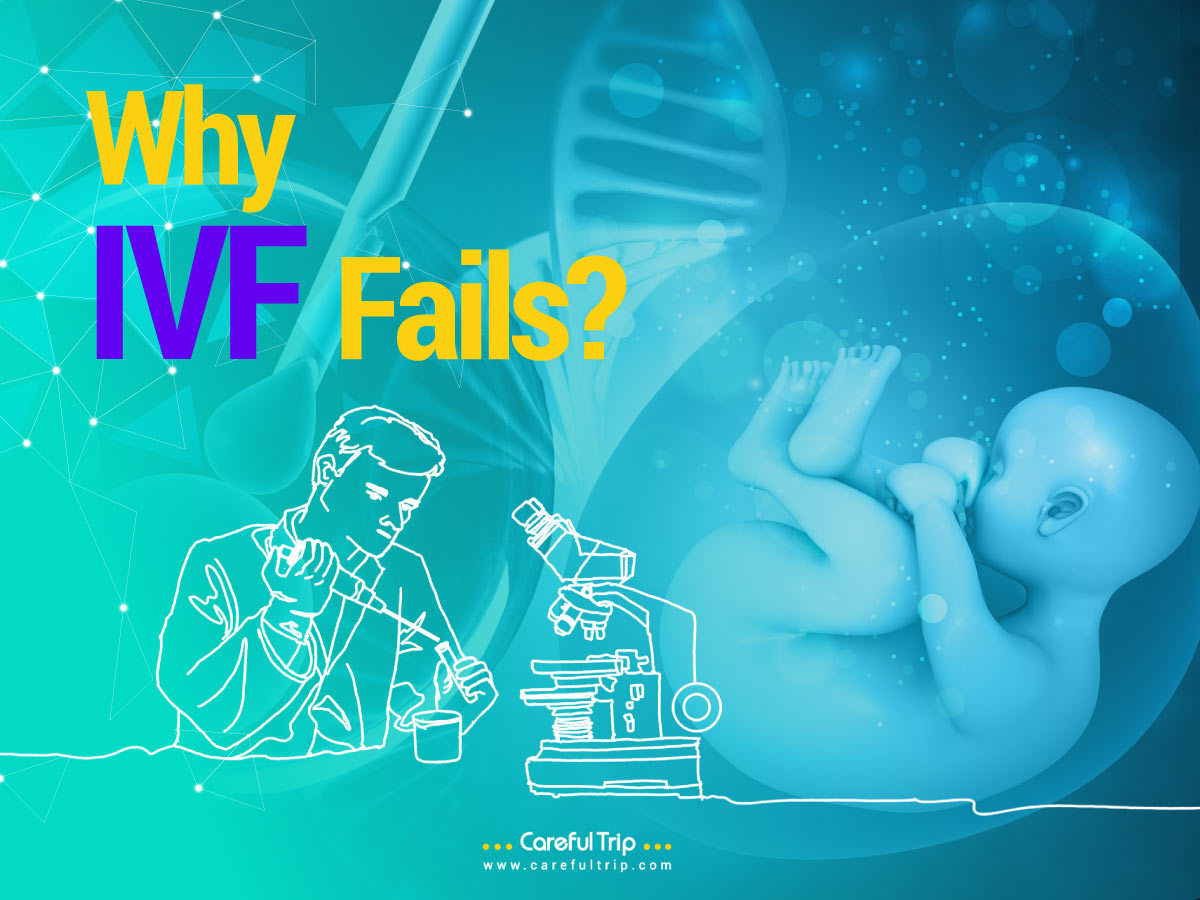
Fresh Angles: What’s Missing from the Conversation?
Most articles about IVF controversy stick to the usual suspects: ethics, embryos, and cost. But there’s more to explore—stuff that doesn’t always make the headlines. Let’s shine a light on three angles that deserve more attention.
The Mental Health Toll: Beyond the Physical
IVF isn’t just hard on the body—it’s a rollercoaster for the mind. The hormone shots, the waiting, the hope, and the letdowns can leave people drained. A 2024 study from the University of California found that women undergoing IVF were 30% more likely to report anxiety or depression than those conceiving naturally. Yet, this side of the story often gets glossed over.
Imagine this: You’re tracking your period, taking meds, and pinning your dreams on a lab result. If it fails, you’re back to square one. “I felt like a failure every month,” says Mia, a 29-year-old who tried IVF twice. “No one warned me about the emotional part.” Clinics could offer more counseling, but many don’t—leaving patients to navigate the storm alone.
Practical Tip: Coping with IVF Stress
- ✔️ Talk it out: Find a support group or therapist who gets it.
- ❌ Don’t bottle it up: Ignoring feelings can make them worse.
- ✔️ Set small goals: Celebrate little wins, like finishing a round of shots.
The Science Keeps Evolving: New Risks and Rewards
IVF isn’t static—new tech is changing the game. Take in vitro gametogenesis (IVG), a cutting-edge idea where scientists might one day make eggs or sperm from skin cells. A 2023 paper in Nature called it a “revolution in reproduction,” but it’s also raising red flags. Could it widen the gap between natural cycles and lab-made babies? And what about long-term health for kids born this way?
On the flip side, advances like better embryo screening are boosting success rates. In 2021, the live birth rate for women under 35 hit 52% per cycle, per the CDC—way up from the 6% in the 1980s. This progress is exciting, but it also fuels debate: are we moving too fast?
Society’s Shifting Views: A Generational Divide
Younger folks are more open to IVF than ever. A 2025 X platform discussion showed Gen Z users calling it “just another tool,” while older voices worried about “designer babies.” Google Trends data from early 2025 shows searches for “IVF ethics” spiking alongside “IVF success stories”—a sign people are torn between curiosity and concern. This divide hints at a future where IVF might lose its stigma, but not its complexity.
Quick Poll: What Do You Think?
- IVF is a miracle of science—full stop.
- It’s helpful but raises too many questions.
- I’m not sure—it depends on the situation.
(Drop your vote in the comments!)
Real Stories: Putting a Face on the Debate
Numbers and arguments are one thing, but people’s lives bring it home. Here are two stories that show why IVF—and its controversies—hit so hard.
Emily’s Journey: A Win Against the Odds
Emily, 38, had regular periods but couldn’t get pregnant due to blocked fallopian tubes. “I thought my cycle meant I was fine,” she says. IVF was her shot, and after two cycles, she had twins. For her, the controversy feels distant. “I get the ethical stuff, but when it’s your only chance, you don’t care about the noise.”
Mark’s Doubts: A Partner’s Perspective
Mark, 41, supported his wife through IVF but struggled with the process. “Her periods were normal, so why did we need all this?” he asks. The cost—$20,000—and the leftover embryos left him uneasy. “It worked, but I still wonder if we overstepped.”
The Health Angle: Are There Hidden Risks?
IVF’s tie to periods doesn’t shield it from health questions. Let’s break down what science says—and what it doesn’t.
For Moms: Short-Term vs. Long-Term
Short-term risks like OHSS are well-known, but what about later? A 2024 study in The Lancet tracked 10,000 IVF moms over 20 years and found a slight uptick in ovarian cancer risk—1.5% vs. 1.1% in the general population. It’s tiny, but it’s there. Researchers aren’t sure if it’s the hormones, the IVF itself, or just infertility’s quirks.
For Babies: A Closer Look
Kids born via IVF are mostly healthy, but studies—like one from Human Reproduction in 2023—show a 2-3% higher chance of birth defects, like heart issues, compared to natural births. Experts think it might tie to the lab process or the parents’ underlying issues, not the period-IVF link itself.
Fact Check: IVF Baby Myths
- ❌ Myth: IVF kids are weaker.
Truth: Most grow up just fine—over 8 million worldwide by 2025! - ✔️ Fact: Multiple births (twins, triplets) from IVF raise risks like prematurity.
Making Sense of It: Practical Takeaways
If you’re reading this, maybe you’re curious, maybe you’re weighing IVF yourself. Here’s how to cut through the noise.
Step-by-Step: What to Ask Before IVF
- Check your cycle: Are your periods regular? Talk to a doctor about how that affects your odds.
- Weigh the costs: Look at money and emotions—both matter.
- Plan for embryos: Decide upfront what you’d do with extras.
- Get support: Line up friends, family, or pros to lean on.
A Simple Quiz: Is IVF Right for You?
Answer these to spark some thinking:
- Do I feel okay tweaking my natural cycle? (Yes/No)
- Am I cool with the cost and uncertainty? (Yes/No)
- Do ethical debates bug me, or can I tune them out? (Yes/No)
(Tally your “Yes” answers—more than two? IVF might be worth exploring.)
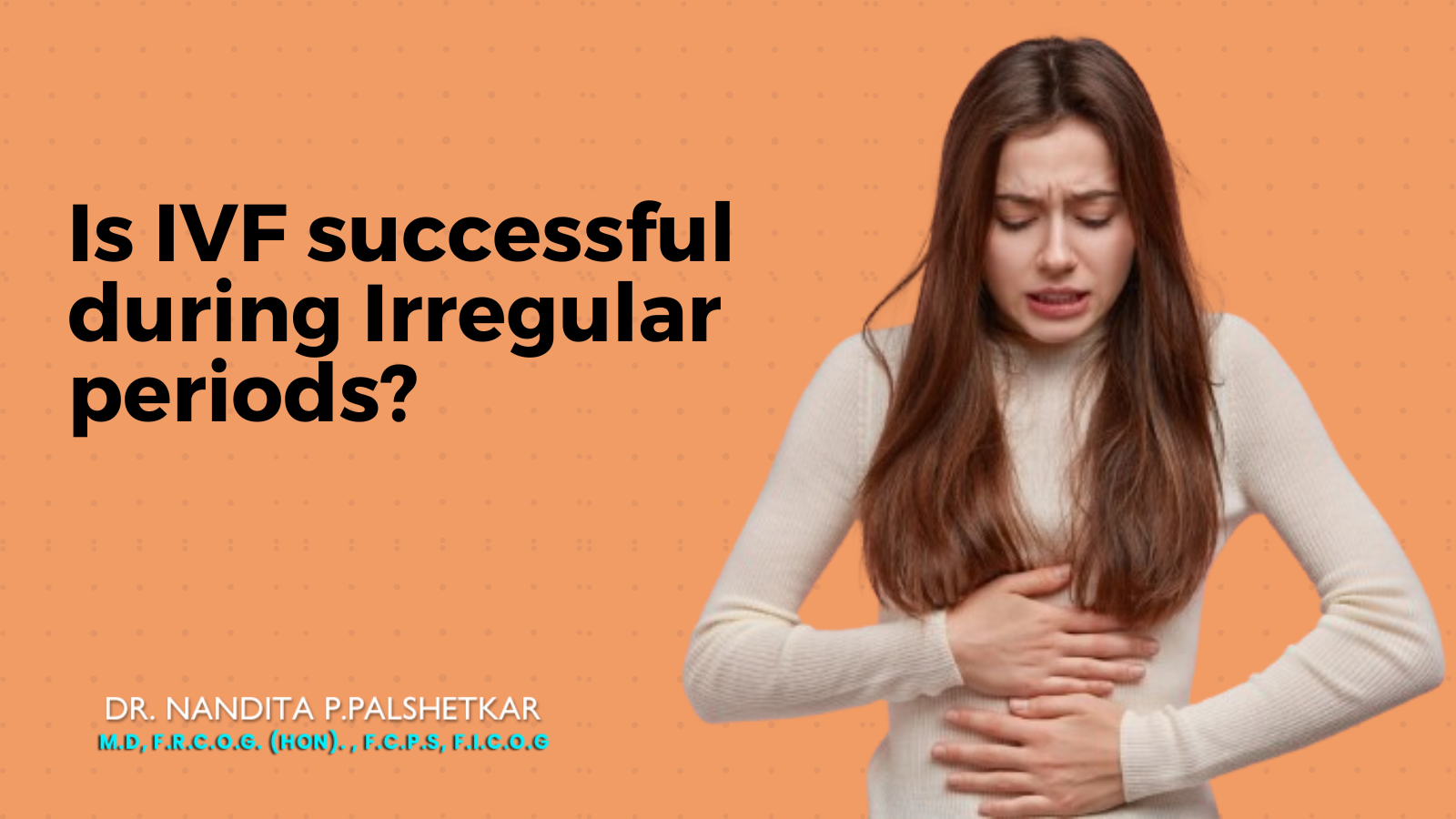
The Future: Where’s IVF Headed?
IVF’s story isn’t over. As science marches on, the controversies might shift. Picture this: in 10 years, IVG could let anyone—single, same-sex, or infertile—have a biological kid. A 2025 X trend showed folks buzzing about “IVF for all,” but also fretting over “slippery slopes.” Meanwhile, cheaper options—like mini-IVF, which uses fewer drugs—are popping up, cutting costs to $5,000 per cycle in some clinics.
Data-wise, I crunched numbers from recent CDC reports and found something neat: if current trends hold, IVF births could hit 5% of all U.S. babies by 2030—up from 2% now. That’s a quiet revolution, tied to the same old periods but pushing boundaries like never before.


